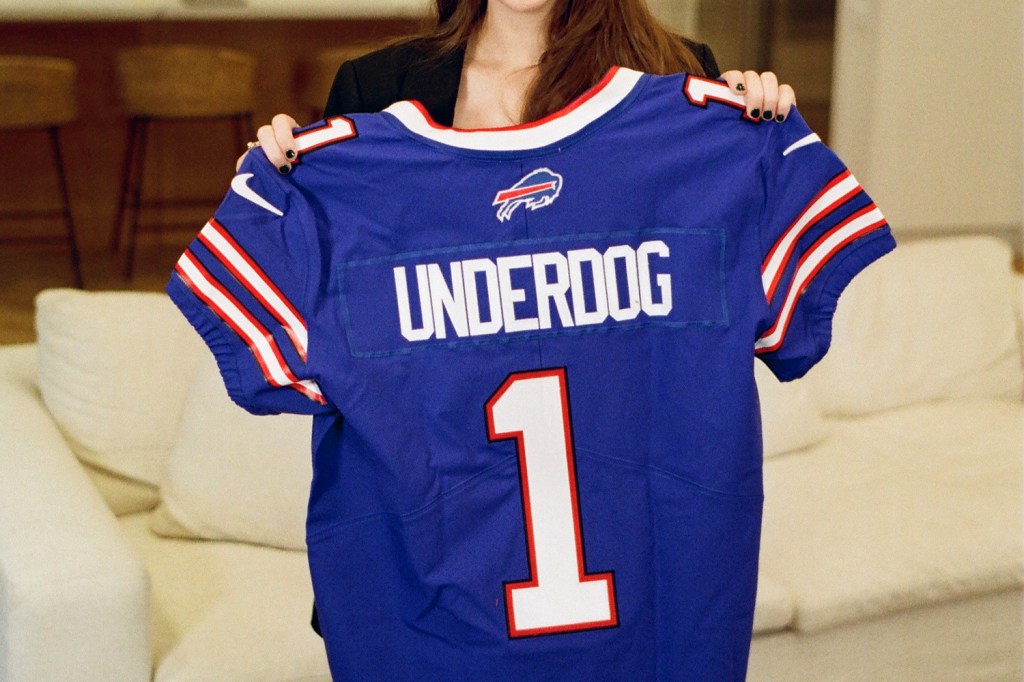A massive change in how public companies report their financial results that is now under consideration could reshape the business of sports.
U.S. President Donald Trump said Monday he is aiming to shift reporting rules from required quarterly reports to twice yearly for publicly traded companies. The move is subject to approval from the U.S. Securities & Exchange Commission. Trump, however, said it would bring the country in alignment with other parts of the world, particularly China and Europe, and allow for a greater corporate focus on longer-term initiatives.
“This will save money, and allow managers to focus on properly running their companies,” Trump said in a Truth Social post.
Trump has several of his own appointments in key SEC leadership positions, including commission chair Paul Atkins. The president also proposed this change in his first term, but the commission chair at the time, Jay Clayton, another Trump appointee, resisted it.
Quarterly earnings reports have been required in American commerce for all publicly traded companies since 1970, and changing that would represent a seismic alteration in the country’s business norms. Some investors have cautioned it would lead to far less transparency and greater volatility in the financial markets, and potentially an increased window for financial wrongdoing.
Advocates of the change, however, believe it would help move the U.S. beyond short-term thinking that can be a dominant feature of the markets.
Impacts Across Sports
The move to twice-yearly reporting, if implemented, would affect many companies with a large presence in sports, particularly media, such as Apple, NBC Sports parent Comcast, ESPN parent Disney, Fox, Netflix, CBS Sports parent Paramount Skydance, and TNT Sports parent Warner Bros. Discovery.
Public ownership is similarly common in the sports apparel, equipment, and footwear businesses, including companies such as Adidas, Dick’s Sporting Goods, and Nike. Some companies with leagues and properties, such as UFC and WWE parent TKO Group Holdings, are also publicly owned, as is the sports betting duopoly, DraftKings and FanDuel, the latter through its parent Flutter Entertainment.
The heavily seasonal nature of sports would certainly make it harder to have a real-time understanding of how those companies are performing. In many instances, most or all of many league seasons would come and go between semi-annual earnings reports.
Those companies’ quarterly reports have also provided key insights into the impact of Trump’s policies on the economy, such as his tariffs, and also the accelerating shifts in media consumption. That all is now on the potential cusp of change.
“We believe the switch to semi-annual from quarterly reporting has moved from improbable to probable, though not guaranteed,” wrote TD Cowen Washington Research Group managing director Jaret Seiberg in a research note Monday.






![[Subscription Customers Only] Jun 15, 2025; Seattle, Washington, USA; Botafogo owner John Textor inside the stadium before the match during a group stage match of the 2025 FIFA Club World Cup at Lumen Field.](https://frontofficesports.com/wp-content/uploads/2026/02/USATSI_26465842_168416386_lowres-scaled.jpg?quality=100&w=1024)
![[Subscription Customers Only] Jul 13, 2025; East Rutherford, New Jersey, USA; Chelsea FC midfielder Cole Palmer (10) celebrates winning the final of the 2025 FIFA Club World Cup at MetLife Stadium](https://frontofficesports.com/wp-content/uploads/2026/02/USATSI_26636703-scaled-e1770932227605.jpg?quality=100&w=1024)









